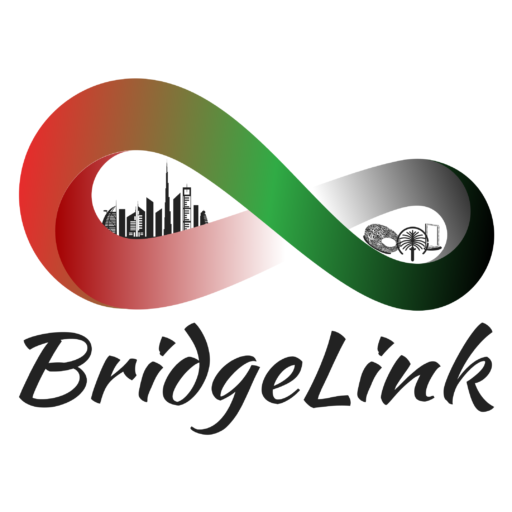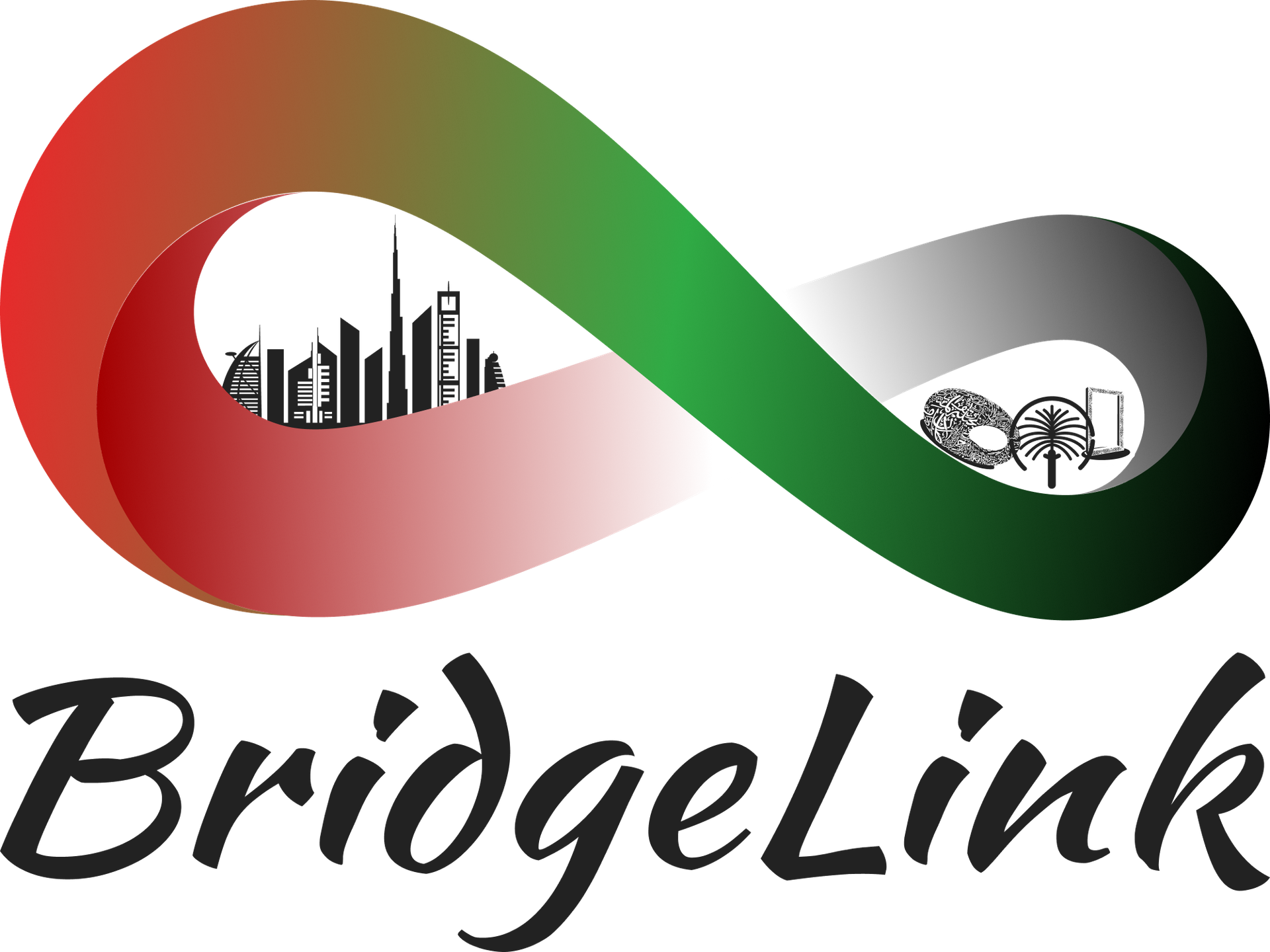How to Do Investing in Dubai: A Guide for International Investors
Dubai has transformed into one of the world’s most attractive destinations for international investors. Known for its strong economy, strategic location, and tax-friendly policies, Dubai offers diverse investment options across multiple sectors. This guide will explore the best ways to invest in Dubai, key factors to consider, and how to get started.
Why Invest in Dubai?
Dubai is the business hub of the Middle East, with a booming real estate sector, thriving financial markets, and strong government initiatives to attract foreign investment. Its tax-free policies, modern infrastructure, and high-quality lifestyle make it an attractive investment destination.
1. Understanding Dubai’s Investment Landscape
Dubai offers multiple investment avenues tailored to different risk levels, goals, and expertise. Here are the most popular investment options:
- Real Estate: A stable and profitable choice, with both residential and commercial properties yielding attractive returns.
- Stock Market: The Dubai Financial Market (DFM) and NASDAQ Dubai allow investors to buy shares of regional and international companies.
- Bonds and Fixed-Income Investments: For those seeking lower risk, Dubai offers government and corporate bonds, providing steady returns.
- Mutual Funds and ETFs: Managed funds and exchange-traded funds allow investors to diversify their portfolios without needing deep market knowledge.
- Gold and Commodities: As a regional trading hub, Dubai offers robust commodities markets, especially for gold, oil, and other raw materials.
2. Investing in Dubai Real Estate
Real estate remains one of the most popular investment options in Dubai due to high rental yields, strong property laws, and low tax obligations.
- Residential Property: Dubai’s growing population and expat-friendly environment create a strong demand for rental properties, with average yields of 5-8%.
- Commercial Property: Businesses from all over the world are setting up in Dubai, creating a demand for office and retail spaces, which can provide higher returns than residential properties.
Dubai also has attractive regulations for foreign property ownership, with designated freehold areas allowing 100% foreign ownership.
3. Stock Market Investments
Dubai’s stock markets offer international investors the chance to invest in a diverse range of companies, from real estate developers and banks to telecom and logistics firms.
- Dubai Financial Market (DFM): The primary stock exchange, listing both UAE-based companies and some international stocks.
- NASDAQ Dubai: Allows trading of regional and global equities, providing investors with more diverse options.
Investing in Dubai’s stock markets requires opening a trading account with a licensed brokerage. Some brokers offer online platforms for easy trading.
4. Bonds and Fixed-Income Securities
For investors seeking low-risk options, bonds and fixed-income securities are a good choice. Dubai’s government and companies issue bonds that provide stable, fixed returns over time. Types of bonds available include:
- Government Bonds: Issued by the UAE government and are generally low-risk.
- Corporate Bonds: Issued by companies in various sectors, offering slightly higher yields with varying risk profiles.
Fixed-income investments are suitable for those looking for reliable income without market volatility.
5. Mutual Funds and ETFs
Mutual funds and exchange-traded funds (ETFs) are excellent options for investors who want diversification without the need for active management. Dubai offers access to regional and international funds that focus on various sectors, including real estate, technology, and commodities.
- Mutual Funds: Managed funds that pool investors’ money into diversified portfolios.
- ETFs: Traded on exchanges, ETFs are a cost-effective way to gain exposure to a wide range of assets.
These funds allow you to diversify across sectors, reducing risk and enhancing potential returns.
6. Gold and Commodities
Dubai’s historical role as a trading center has made it one of the best places to invest in gold and commodities. You can invest in:
- Physical Gold: Buy gold bars or jewelry directly from the Dubai Gold Souk or authorized dealers.
- Commodity ETFs: ETFs that track the price of commodities like gold, oil, and natural gas.
Investing in commodities is a good way to hedge against inflation and diversify your portfolio.
7. Investing in Startups and SMEs
Dubai has a growing startup ecosystem supported by government initiatives and free zones like Dubai Silicon Oasis. Investing in startups and small-to-medium enterprises (SMEs) offers higher returns but comes with increased risks.
- Venture Capital: Dubai is home to venture capital firms and incubators that provide funding for startups, especially in tech and e-commerce.
- Angel Investing: Private investors can directly invest in promising startups through angel networks.
Startups can offer high returns if they succeed, making this an attractive but high-risk option.
8. Cryptocurrency Investments
Dubai’s openness to innovation has extended to cryptocurrency, with several exchanges and regulatory frameworks now available for crypto investors.
- Cryptocurrency Exchanges: Platforms like Binance and BitOasis allow investors to trade cryptocurrencies such as Bitcoin, Ethereum, and more.
- Blockchain Initiatives: Dubai’s commitment to becoming a blockchain hub has increased interest in crypto assets and blockchain-related ventures.
Crypto investments are volatile, so they may be best suited to experienced investors with a high-risk tolerance.
9. Preparing for Investment: Legal and Regulatory Requirements
Dubai’s investment environment is well-regulated, ensuring investor rights and providing clear guidelines for foreigners. Key regulations include:
- Investor Visa: Dubai offers investor visas for those who meet specific investment thresholds, allowing for long-term residency.
- Licensing and Compliance: Investors may need to obtain licenses depending on the investment type (e.g., real estate or startup investment).
Working with legal and financial advisors can help ensure compliance with local regulations.
10. Working with a Financial Advisor or Consultant
Navigating Dubai’s investment landscape can be complex, especially for newcomers. Working with a financial advisor or consultancy like BridgeLink can simplify the process. They can help you identify suitable opportunities, handle regulatory compliance, and manage risk effectively.
- Expert Guidance: BridgeLink provides insights into local markets, helping investors make informed decisions.
- Legal Support: From residency permits to investment contracts, consultants can streamline paperwork and minimize legal risks.
FAQs: Investing in Dubai
1. What is the best type of investment in Dubai for beginners?
Answer: Real estate and mutual funds are ideal for beginners due to their stability and lower risk compared to stocks or startups.
2. Can foreigners invest in Dubai?
Answer: Yes, Dubai encourages foreign investment across multiple sectors, including real estate, stocks, and startups.
3. How much does it cost to start investing in Dubai real estate?
Answer: The minimum investment varies, but some properties in Dubai start around AED 500,000, with installment plans often available.
4. Is there a tax on investment income in Dubai?
Answer: No, Dubai has no personal income tax or capital gains tax, making it a tax-efficient destination for investors.
5. Can I invest in Dubai’s stock market as a non-resident?
Answer: Yes, non-residents can invest in Dubai’s stock market by opening a trading account with a licensed brokerage.
6. What is the risk level of investing in Dubai startups?
Answer: Startup investments carry high risk but can offer high returns if the business succeeds. Consider consulting a financial advisor to assess risk.
7. Is cryptocurrency investment legal in Dubai?
Answer: Yes, cryptocurrency trading is legal, and there are several exchanges that comply with Dubai’s regulations.
8. How do I get an investor visa in Dubai?
Answer: You can apply for an investor visa if you meet the minimum investment criteria, which vary by sector (e.g., real estate, startup investment).
9. What is the minimum investment for an investor visa in Dubai?
Answer: The threshold varies but typically requires a property investment of at least AED 1 million or a similar amount in other sectors.
10. How can BridgeLink assist me in investing in Dubai?
Answer: BridgeLink provides comprehensive services, including market insights, regulatory guidance, and investment management support for international investors.

